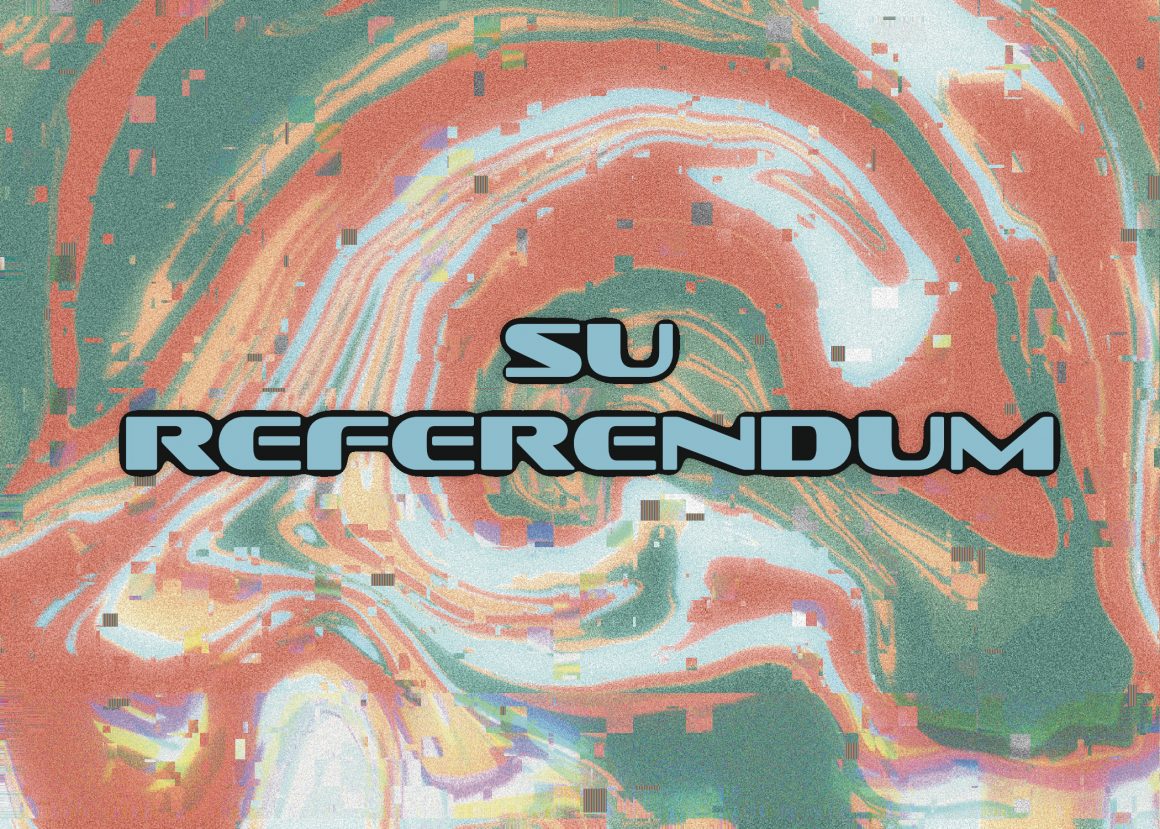
The 2024 SU Referendum: What’s at stake and why it matters
By Daman Singh, October 6 2024—
The University of Calgary’s Students’ Union (SU) is holding their 2024 By-Elections from Oct. 8-10 to fill vacant Student Legislative Council (SLC) positions. Students will also be asked to vote on a referendum regarding the SU’s general fee structure this year.
The SU’s general fee is a mandatory fee collected by all undergraduate students each term which allows the Student’s Union to subsidize the operating costs of the SU. According to the SU Referendum FAQ, the fee accounts for eight per cent of the total Students Union revenue. As per the 2023 SU financial report, the operating fees constituted 10.24 per cent of their total revenue for the year.
“The SU student fee/revenue ratio changes yearly depending on the number of students enrolled at the university, but is generally between 8 per cent and 10 per cent, making it one of the lowest fee to revenue ratios of any student organization in Canada,” notes the 2023 report.
The levied fee funds SU programs, events and services to improve the student experience at the U of C. Beyond that, it also goes towards student advocacy, which is the SU’s primary focus now. The SU has kept up with its promises of pro-student advocacy, which most recently led to open an independent investigation into the May 9 incident at the University of Calgary.
The proposed fee structure changes would revise how SU levies its fee from full-time medical students and part-time, co-op and internship students. The current fee structure SU has been in place since 2004 and as time has gone by, things have changed.
Full-time medical students will be grouped into full-time undergraduate students and pay the same fee of $32.50 for fall and winter semesters and $7.50 during the spring and summer. Currently, full-time MD students are levied only $5.50 in the fall and winter semester and $1.25 in the spring and Ssummer. All part-time, co-op and internship students will be levied two-thirds of the full-time student fee.

These changes would allow for a fair assessment of the impact of SU fees on students in the university and would relieve the burden on full-time students to subsidize resources.
If you vote yes
Voting yes to the referendum question would allow for these changes to be implemented Fall 2025. It would not affect most of the readers right now, as full-time students would still pay the same amount as they have before but students with equal access to the resources will have their fee affected.
As of right now, the SU could certainly do better in terms of how its programs and services, like the SU Clubs Office and the Q Center, cater to the students. Programs may not be able to keep up with the sheer number of students that the university has been enrolling. In the University of Calgary’s strategic plan “Ahead of Tomorrow”, the university plans on increasing undergraduate student enrollment by 10,000.
While being a student means you already have to pay an exorbitant amount of fee attached to your tuition, the proposed referendum is a move in to right direction. While I am uncertain as to how the increased funding would be directed, it would certainly mean more funding toward resources available to students. The current structure is outdated and out of place.
If you vote no
Voting no to the referendum question would not let these changes pass.
A counterpoint to be discussed is how the usage of resources by part-time, co-op and internship students is being evaluated enough to justify the two-thirds of the full-time student fee price. If you think the current SU revenue isn’t rightfully divided in its nature, increasing the amount of funding might not turn out useful.
My vote
I believe this referendum has been a long time coming and the changes look feasible. I endorse this referendum.
Once the voting days for the By-Elections are open, you will be able to make your decision. Referendums allow for civil participation in political interests and making yourself heard is important. Whether you vote in favour or against it, exercising vote in referendums like such showcases not just voter participation but also voter literacy which is a necessity to democratic processes. So please, vote when you can.
This article is a part of our Opinions section and does not necessarily reflect the views of the Gauntlet editorial board.
